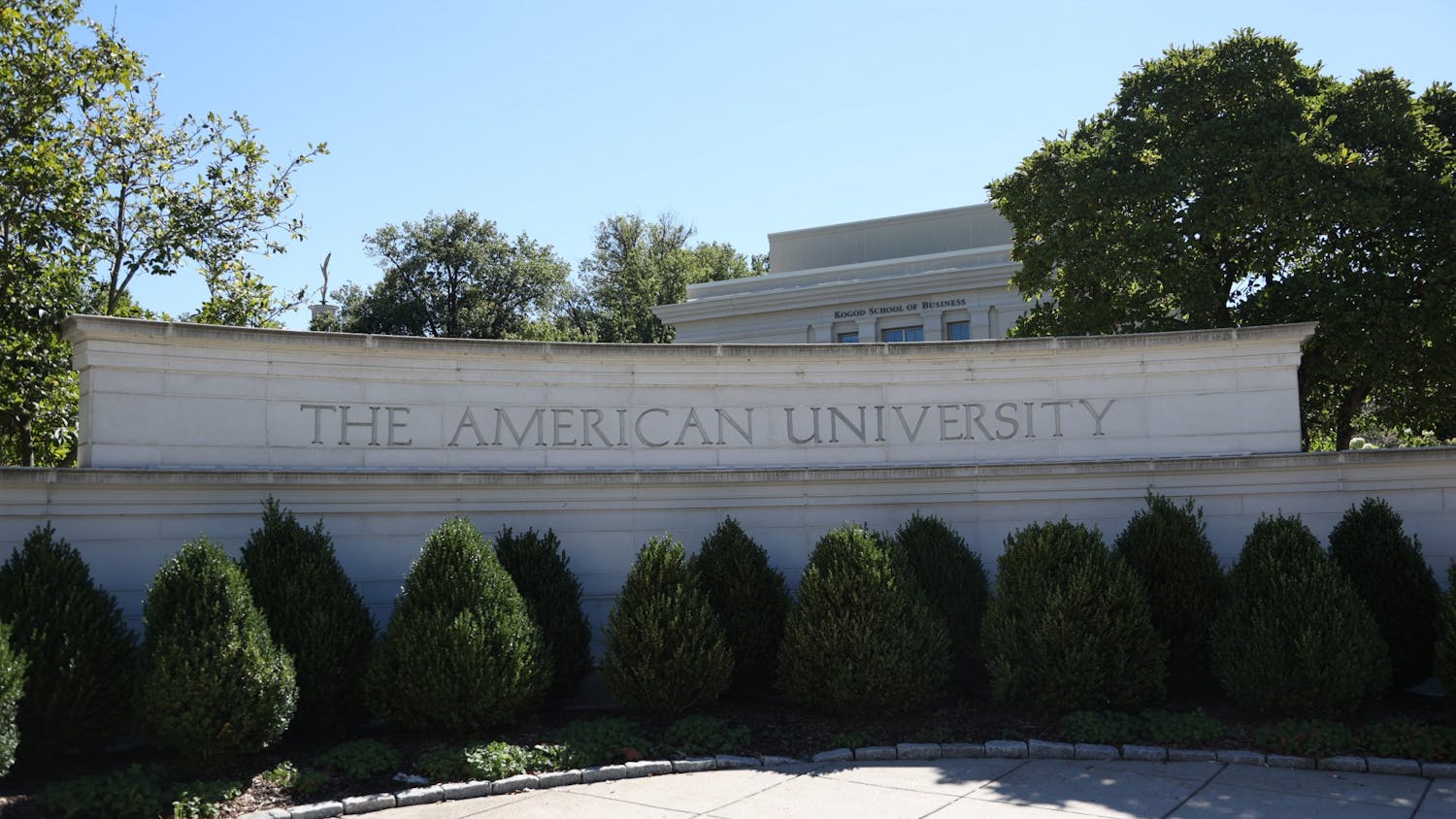Unpaid internships are often a preliminary step to becoming part of the paid Washington work force, according to an August New York Times article. However, while AU's D.C. location gives students year-round access to a variety of competitive internships, some students have difficulty working without pay while remaining full-time students.
For students who pay for college independently or have limited access to money, the prospect of having an unpaid internship is a two-sided opportunity. While interning is sometimes a prerequisite to later employment, for some students, schoolwork must come first to maintain scholarships.
For other students, an internship means making a trade-off: getting experience, but not making money. Having an unpaid internship could mean a student has to have another job for pay.
Senior Nina Peacock spent the summer of 2003 working four different jobs in the D.C. area. She babysat, worked at the AU Admissions Office and Maggiano's Italian restaurant, and interned with the nonprofit Center for Democracy.
In all, Peacock worked between 40 and 45 hours per week.
"I really only had one day of the week off, and on that day I took a French class," she said.
She said that summer taught her some of the skills she needed, both for living on her own and for later jobs and internships. She pays for school with both financial aid and support from her parents.
Peacock now interns for the State Department's Office of Civil Rights, a paid position she said she couldn't have won without prior experience.
Senior Russell Hsaiao has not run into any students put into a real bind because of the number of unpaid internships.
"AU is a rather well-to-do school, a private school," he said.
According to the AU Career Center, 49 percent of seniors in 1991 had at least one internship listed on their resumes. Now that number is at about 80 percent.
That percentage is consistent with national statistics. The Career Center estimates that about 34 percent of the




